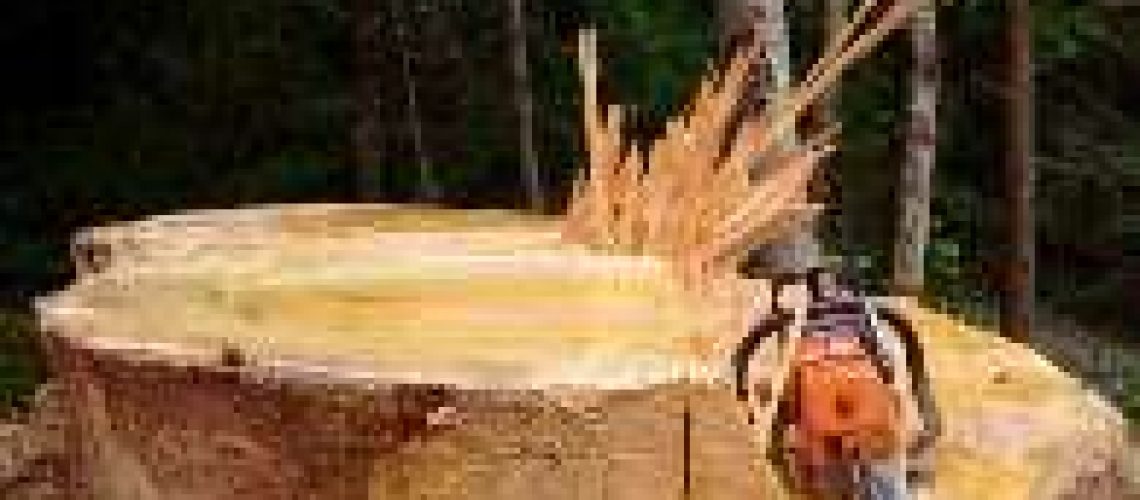If you’ve lived on a property for any amount of time then you know how attached you can get to your trees. They can be a privacy shield, a comforting presence and a literal hedge of protection at times. So when it’s time to consider tree cutting it’s an understably difficult decision to make.
Here are a few reasons you may have to remove trees as a course of health, safety and neighbourhood beautification:
- Nuisance or encroachment
- Severe weather damage
- Death or disease
How to Tell When It’s Time for Tree Cutting
Just like there is a time to plant a tree, there is a time to remove a tree and there are common signs to watch for so it’s easier to make the right decision for your trees and your family.
Nuisance or encroachment
Let’s face it, nuisance trees are annoying. They get in the way of mowing the lawn, brush against the house or reach into the neighbour’s yard. And trees encroaching on your buildings or other trees will become a hazard if not dealt with in a timely fashion.
It’s not difficult to tell when a tree has overstayed its welcome, your emotions or neighbours will let you know!
While removing the tree completely may be the best option, there are also other solutions you may wish to consider, such as directional pruning, spiral pruning and crown raising or reduction.
Weather damage
When a powerful wind or thunder storm blows through, it can wreak havoc on your trees. Once trees are damaged by an extreme weather event, the tree may not be salvageable. However, some tree first aid may be all it takes to give your trees their best chance of survival.
Hanging or broken branches are a hazard to everyone and everything below. Mitigating the danger requires high climbing and chainsaw work and is not recommended for a rookie to manage on their own. Your local supertreero is trained for this exact scenario and has the experience and equipment required to remove these dangling limbs safely and without additional damage.
It’s also smart to access your surrounding area and take note of any trees that look like they want to fall towards buildings or power lines. If you see a precarious-looking tree, even if it doesn’t seem to be damaged otherwise, call in the professionals for an assessment. They will be able to determine whether or not tree cutting is required.
Death or disease
Diagnosing death or disease can be difficult, but that’s what your friendly neighbourhood arborist is for! If your tree is sick or diseased then it could potentially infect other nearby trees so must be dealt with properly. When a tree is dead or dying it becomes a hazard and needs to be safely removed.
Here are some signs and symptoms to watch for:
- Dead branches
- Chipped or peeling bark
- Cracks in the tree trunk
- Trunk cavities
- Mushrooms or other fungi growing on the trunk
If you notice one or more of these symptoms, give us a call and schedule a free assessment. We will take a closer look and give you our professional opinion. It may be possible to save your tree, or it may be time for tree cutting. We’ll help you make the best decision to keep your property safe and ridiculously good looking.

